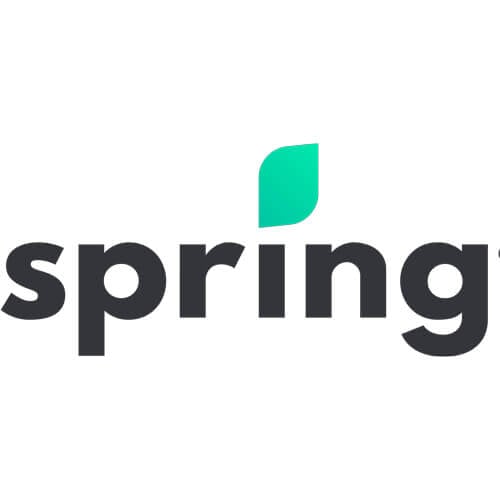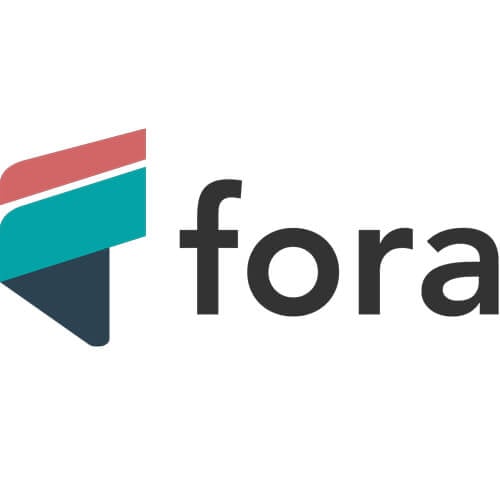
When my family and I moved to Canada in 2019, we thought we had a solid plan. My wife, born and raised in Ottawa, was returning home after more than a decade abroad. I was born in India and had lived most of my life in the Middle East, where I built a career as a digital entrepreneur. We’d talked about moving for years, but it was our daughter who gave us the final push. We wanted her to grow up closer to family and experience the childhood her mother once had.
We arrived in Canada with optimism, and we thought we were prepared: we had savings, work experience and a support system. But one visit to a car dealership during our first week in the country showed us how little we really knew. In just a few hours, we got a crash course in buying a car in Canada, and in how the systems around money, credit and everyday life actually work. That experience turned out to be far more formative than we expected.
Buying your first car: What no one tells you
We assumed buying or leasing a car would be fairly straightforward. We were looking for a mid-size SUV, similar to the one we had in Dubai, and leasing seemed like the smarter choice. It didn’t make sense to spend over $40,000 in our first week in a new country.
Then came the credit check.
My wife had a strong credit score, but her Canadian credit file had gone dormant after she declared non-residency. I had just landed, so I had no credit file at all—a common situation for newcomers. Even when we offered to pay outright in cash, the dealership required paperwork from the bank to verify the source of the funds. Understandably, that wasn’t something we had thought to prepare for so soon after arriving.
We considered asking a family member to co-sign the lease, but that wasn’t realistic—it was too much to ask, especially knowing that co-signing could affect their own credit score. Auto insurance costs were another surprise. Despite our long driving history, my wife and I were both considered “new drivers” in the system, which meant higher premiums. And since my wife had the better (though still limited) credit profile, she would have to be the primary policyholder, with me added as a secondary driver.
Eventually, we pivoted—leasing no longer seemed viable. Between the lack of credit history, paperwork requirements and unexpectedly high insurance costs, it just wasn’t a practical option. We rented a car for a few months, then bought a modest used vehicle. It was a tough adjustment at the time. Going from a high-end SUV abroad to a second-hand entry-level car in a new country was humbling. But it was also the right decision. It gave us time to settle in, figure out Canada’s financial system, and start building the credit and paperwork trail we needed.
Resource highlight
Compare car insurance quotes and save
In under five minutes, compare personalized auto insurance quotes from Canada’s top providers.
Powered by ratehub.ca
7 car-buying tips for newcomers to Canada
Whether you’re buying your first car, exploring auto financing, or buying a used car in Ontario or another Canadian province, here are a few practical lessons we learned along the way:
1. Start building credit early.
Canadian financial systems revolve around your credit history. To start building yours, apply for a secured credit card, set up utilities in your name and make consistent payments. These small steps build the foundation for larger purchases in the future, such as a car or home.
2. Renting gives you breathing room.
If you need a car right away, renting is a practical short-term option. Depending on the province, you may be able to drive with your international driver’s licence for a few months. Compare rental rates—airport locations are often cheaper.
3. Understand your driver’s licence status.
Some countries have agreements that allow you to exchange your licence without going through all the graduated licensing steps. If not, you may need to start over (in Ontario, for example, that means getting your G1). This limits your driving options, including renting.
4. Buying a used car can make financial sense.
A second-hand vehicle helped us avoid high lease costs and insurance premiums. Look for certified pre-owned options, and always ask for a vehicle history report and safety certificate. (Read MoneySense’s guide to the best used cars in Canada and buying new or used.)
5. Insurance shopping pays off.
Newcomers face higher auto insurance premiums, but rates vary widely. Online platforms can offer better deals than traditional brokers. Compare quotes and re-shop your policy every year—you’ll likely qualify for better rates as your driving history builds. (Read more tips on getting cheaper auto insurance and insurance for new drivers.)
6. Know the differences between leasing, financing and buying outright.
Leasing offers flexibility but can come with higher insurance and mileage restrictions. Financing helps build credit, while paying in full avoids interest. Make the decision that aligns with your short- and long-term goals.
7. Leave room for growth.
Your first car in Canada may not reflect your previous lifestyle. That’s OK. Start with what you need, not what you want. You’ll have time to work your way back up once your foundation is stronger.

Apply for a personal loan with a 8.99% to 29.49% APR. Plus, 100% online application and no early repayment fees.

Apply for a personal loan with a 9.99% to 34.95% APR. Plus, fast e-transfers and no hit to your credit score when you apply.

Apply for a personal loan with a 19.90% to 34.90% APR. Plus, fast funding (as soon as the same business day). Not available in Quebec, PEI, Manitoba, Newfoundland and Labrador, Northwest Territories, Nunavut and Yukon.
A lesson that went far beyond buying a car
Our car-shopping experience had a lasting impact on us. It was our introduction to Canadian life.
We realized that even when you have resources, navigating a new country requires far more than financial preparation. It takes humility, adaptability and a willingness to start from the ground up and rethink your expectations. You can’t plan your way around every challenge. Sometimes, the only way forward is to live through it.
That visit to the dealership marked a turning point. I saw clearly how systems are designed, often unintentionally, to make it hard for newcomers to gain traction. It helped me shift my mindset, and in many ways, it shaped the next chapter of my life. I moved from running my own business to taking on employment in Canada—not because I didn’t want to continue as an entrepreneur, but because I needed to build credit and credibility in this new environment.
That decision ultimately led me to explore new industries and broaden my professional network, which eventually gave me the foundation to launch my own business consulting firm. It also inspired me to give back. Since then, I’ve supported other newcomers through volunteer programs that help them navigate job searches and make sense of life in the Great White North—just as I had to.
New car, new perspective
If you’re new to Canada and wondering how to buy a car or how to buy a used car in Ontario or another province, you’re not alone. It’s a rite of passage, and for many of us, it’s the moment when the theory of immigration becomes the reality of building a new life. It may not be simple, but it can absolutely be done—with patience, perspective and a bit of persistence.
Newsletter
Get free MoneySense financial tips, news & advice in your inbox.
Read more about moving to Canada:
- Earning, saving and spending money in Canada: A guide for new immigrants
- Buying your first car in Canada: Insider tips from a salesperson
- How much income do you need to buy a home in Canada?
- How to improve your credit score with rent payments in Canada
- How to create a CRA account
The post Buying a car in Canada: 7 tips for newcomers appeared first on MoneySense.

